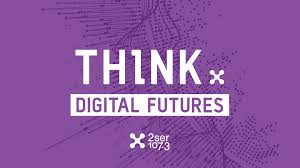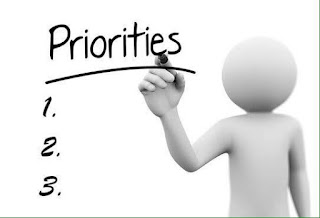Reiterating
the Sheblimini, Priesthood
and Advocacy of Jesus On the Occasion of Femi Kasunmu’s Birthday
For the Lord is our judge, the Lord is our lawgiver, the Lord is our king, it is He who will save us”- Isaiah 33: 12
On the one hand, one of the
things I calculatedly use to mark people’s birthdays and special events is to
write a decisive article or preach a sermon to epitomize and amplify some of
the germane virtues of the celebrant. On the other hand, one of the greatest
things I hate most to do is to flatter people because I do not like to be
flattered either. Having said the above, this piece is centred on reiterating
the priesthood and advocacy of Jesus Christ because I believe these tripartite archetypes
truly represent the crux of what Femi Kasunmu stands for. You will agree with
that Femi himself is a priest (pastor), an advocate (barrister) and a profound
advisor.
In 2 Corinthians 10:12 the Bible
says those who compare themselves to themselves are not wise. I am bold to say
in all ramifications, it will be a great error to begin to compare Jesus with
any other religious leader. Understanding these binary personalities (priest
and advocate) of Jesus Christ is pertinent to our appreciation and
appropriation of His mandate on earth. Jesus as God incarnate came as a gift
(John 3: 16) to mediate between humanity and divinity, and arbitrated the
process that triggered the restoration of man to dominion archetype designed by
God Himself from the beginning.
Explicitly, the Bible
continuously affirms the priesthood and advocacy of Jesus Christ. Hebrew 3:1
admonishes us: wherefore, holy brethren,
partakers of the heavenly calling, consider the Apostle and High Priest of our
profession, Christ Jesus. Hebrew 4: 15 says for we have an high priest which
cannot be touched with the feelings of our infirmities; but was in all points
tempted like as we are, yet without sin. Therefore, Jesus can handle your case.
Via prayers and requests just tender your situation to the High Priest and
Divine Advocate.
Significantly, the priesthood
of Jesus is after the order of Melchizedek
(Genesis 14: 18, Hebrew 5: 10, and 6: 20). It is not after the order of Aaron.
The Aaronic order is made up of priests that served ONLY in the temple. But the
man for whom the order of Melchizedek was named was both king and priest, and
Jesus deliberately chose that priesthood. It’s a hybridised priesthood, a
secular/spiritual combo just like this celebrant.
Jesus is the propitiation for
our sins; and not for ours only, but also for the sins of the whole world (I
John 2: 1-2). There is one God and one mediator between God and men, the man
Christ Jesus (I Timothy 2:5). Hebrew 12: 24: Jesus is the mediator of the new
covenant and used His precious blood to redeem mankind from the bondage of
sins. The Bible confirms it that Jesus is our advocate who is with the Father
(God). In other words, Jesus has the ears of God all the time. Jesus is also
known as the Otunba, that is, Sheblimini – he who sits on the right
hand of Majesty (Psalms 110: 1). He knows the mind of God, take Him as your
advice-giver.
While declaring His manifestoes
and mandate, Jesus says in Luke 4:18-19: “the Spirit of the Lord is upon me,
for he has anointed me to bring Good News to the poor. He has sent me to
proclaim that captives will be released, that the blind will see, that the
oppressed will be set free, and that the time of the Lord’s favour has come.” Jesus
has given all Christians the same mandate to fulfil. While speaking on Strong
Churches, Alder says “if you cannot politically impact your local geography, if
you cannot implement social justice programs, fight for the poor in concrete
terms; if you cannot fight against oppression in our polity, surely you cannot
claim to be a strong church”. Christians and Churches must seek to emulate what
Jesus stands for. We must both serve humanity as priests and advocates, i.e.,
preaching the Gospel of Jesus Christ and also interceding for the world,
particularly the lost souls. Remember Jesus has made us kings and priests unto
God (I Peter 2:9, Revelation 1: 6).
With these thoughts, I say
happy birthday to Femi Kasunmu.








